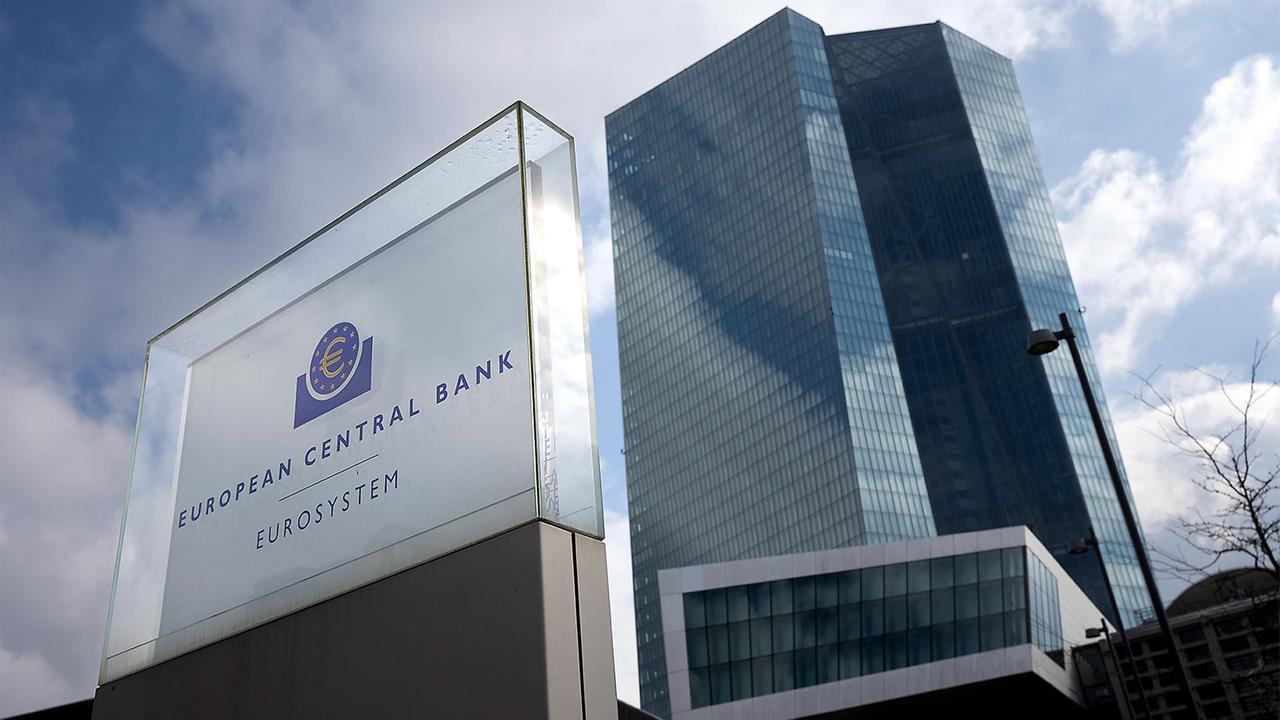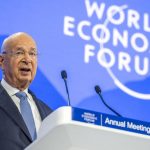The European Central Bank remains on its interest rate reduction course and once again downwards the key interest rate by 0.25 percentage points. But above all the US customs policy stirs up a lasting feeling of uncertainty.
For the seventh time since mid -2024, the European Central Bank (ECB) has reduced the key interest rate – from 2.50 to 2.25 percent. “The disinflation process is progressing well,” said the ECB council to the crotch. “Especially in the current situation, which is characterized by exceptionally high uncertainty, the determination of the appropriate monetary policy course will depend on the data situation and from session to session, it continued.
The ECB thus alludes primarily on the current customs policy of the United States. In the future, US President Donald Trump wants to raise tariffs of 20 percent for exports from the EU. However, Trump decided to suspend the planned surcharges for 90 days around a week ago.
Low interest rates should boost economy
When the key interest rate is reduced, banks can borrow cheaper money. As a result, loans are cheaper – and investments and economic growth tend to be boosted. At the same time, the ECB must keep an eye on the price stability with its interest reductions. Because higher key interest rates help to keep inflation low or lower.
The ECB takes both factors into account in its interest decisions. Most recently, inflation in the euro area came close to the target brand of two percent with 2.2 percent. However, it is difficult for the future orientation of interest policy that the consequences of customs policy of US President Trump are largely unpredictable.
Economists see interest reduction as correct
Especially against the background of the current unpredictable US customs policy, observers consider the decision to be correct. For example, Jörg Krämer, chief economist of Commerzbank: “I often criticize the ECB. But I can understand today's interest rate reduction. Trump's customs shock has significantly increased the economic risks.”
In addition, Krämer assumes that Chinese companies want to sell part of the goods they can no longer sell in the United States. “The higher offer speaks together with the fallen oil prices for a declining inflation pressure.”
Is the step enough?
Lena Dräger, research director at IFW Kiel, would even have hoped for a clearer reduction – half a point. Her argument: Due to the US government's erratic customs policy, the economic risks for the euro zone have increased significantly. The interest rate of the ECB is therefore “not a relief for the weakening economy in the euro area,” said Dräger.
Mark Wall, chief economist for Europe at Deutsche Bank, is already looking forward: “We continue to expect a further interest rate reduction in June and a key interest rate of 1.5 percent at the end of the year.”
Alexander Schmitt, HR, Tagesschau, April 17, 2025 2:59 p.m.




